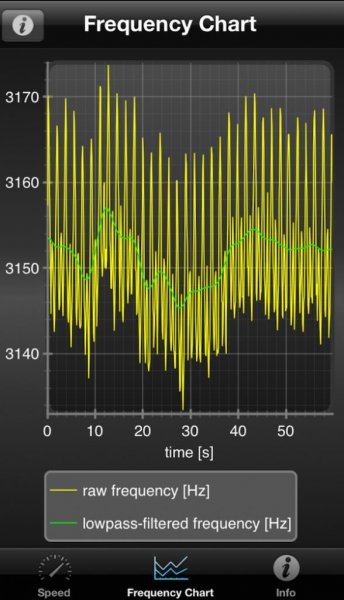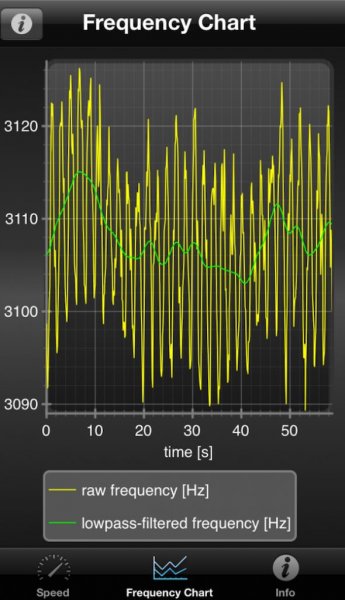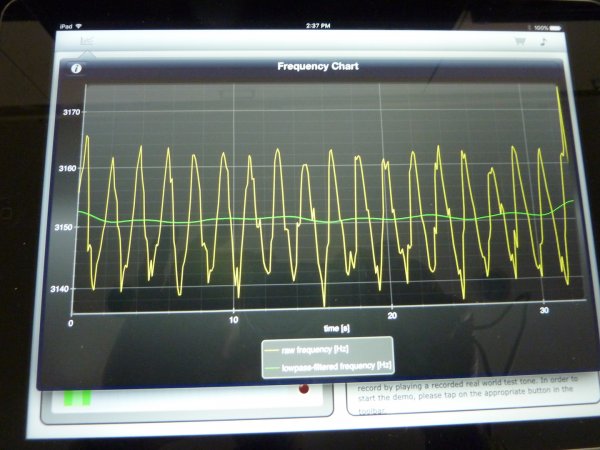The typical response of 'The Subjectivist'.......
Do not show me evidence which contradicts my view of the world
You will notice that there is no explanation of
why this analogue frequency response trace (it is not an oscilloscope) cannot show the effects of...."
a constantly adjusting servo-control" nor is there a single shred of scientific evidence to support his statement.
We have become so conditioned to unsupported subjective statements in the audio world, that we allow any claim to go uncontested.
This is understandably the result of decades of measurements for loudspeakers and electronics simply not corresponding to that which we are able to hear....
This non-correlation of science and our subjective experiences have led us to believe that we are able to hear things better than we are able to measure them.
In the case of
speed accuracy and constancy of turntables.....this is patently not the case.
(...)
Here are two Frequency Response Charts which Michael Fremer produced (via the Feikert Speed App) for the George Warren and Wilson Benesch turntables (both belt-drive) showing serious deviations in
absolute speed and
consistent speed.
Yet during the listening tests conducted beforehand, Fremer was unable to
hear the effects of these deviations.
Now imagine if we had a contributor to these Forums who had had vast personal experiences with all manner of varied turntables and proclaimed that the
best one he had heard was the Wilson Benesch...?
View attachment 23118
And here is a trace of the Frequency Chart of my Raven AC-2 showing that a good belt-drive turntable
can produce good speed-test results.
I have no reason to believe that David's great belt-drive and idler turntables won't measure well under test. In fact I suspect that they do.....
But please don't postulate that you can hear the servo-control constantly operating on a well-designed DD when it simply fails to be measurable.








